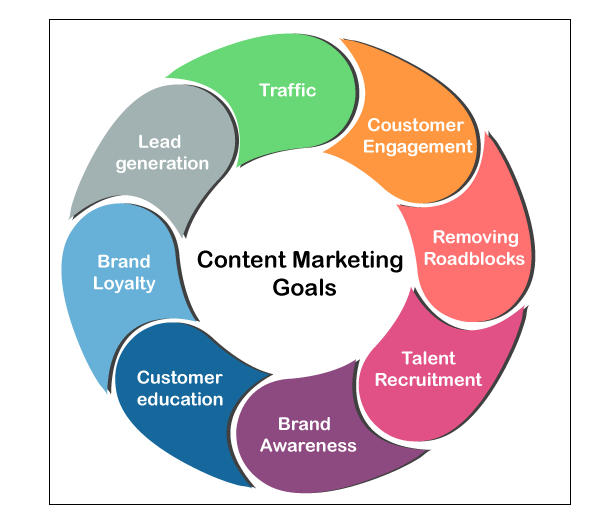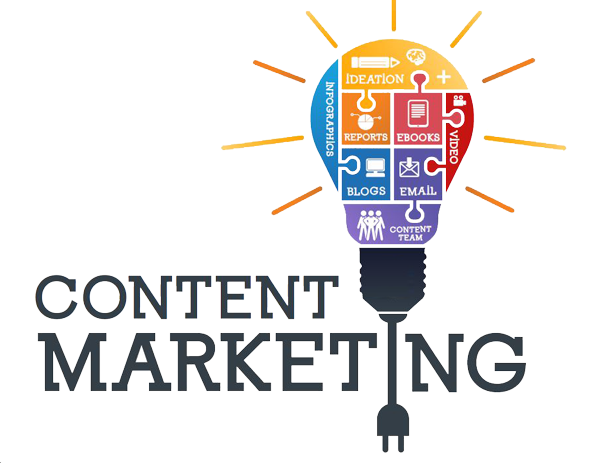Content Marketing: An Effective Way to Connect with Your Audience
In today’s digital world, there’s no denying the importance of content marketing. It’s become a crucial part of any business strategy, as it can help you establish a connection with your target audience, build brand awareness, and drive profitable customer action. But what is content marketing, and why is it so effective?
At its core, content marketing involves creating and sharing valuable, relevant, and consistent content to attract and retain a clearly defined audience. It’s all about providing information and insights that your audience will find useful, without directly selling your products or services.
The key to effective content marketing is to create content that resonates with your target audience. This means understanding their needs, interests, and pain points, and creating content that addresses those things. Whether it’s blog posts, social media updates, videos, or podcasts, your content should provide value to your audience.
But why is content marketing so effective? There are several reasons:
- Builds Trust and Credibility: By providing valuable information and insights, you can establish yourself as a thought leader in your industry. This can help build trust and credibility with your audience, making them more likely to choose your brand over your competitors.
- Drives Traffic: By creating high-quality content that is optimized for search engines, you can improve your website’s visibility and attract more potential customers. This can help drive traffic to your website and increase your online presence.
- Increases Engagement: When you create content that resonates with your audience, they are more likely to engage with your brand. This can lead to increased likes, comments, and shares, which can help increase your reach and visibility.
- Builds Relationships: By providing value to your audience, you can build a relationship with them. This can help foster long-term loyalty, leading to increased customer retention and repeat business.
It’s crucial to have a clear strategy in place if you want to succeed at content marketing. This entails defining your target audience, figuring out what kinds of material will appeal to them, and figuring out how you’ll gauge the effectiveness of your efforts.

It’s also crucial to maintain consistency in the production and dissemination of your content. This entails setting up a regular publishing schedule for fresh material and using a variety of promotional tools, including paid advertising, email marketing, and social networking.
What are the 7 Steps of Content Marketing

- Define your target audience: Any successful content marketing plan starts with a precise target audience definition. This includes identifying their needs, interests, and pain points, as well as understanding where they consume content and how they prefer to receive information.
- Set your goals: Once you have a clear understanding of your target audience, you need to determine what you want to achieve with your content marketing efforts. This could be anything from increasing website traffic to generating more leads or boosting brand awareness.
- Create a content plan: With your goals and target audience in mind, you can start creating a content plan that outlines what types of content you will create when you will create it, and how you will distribute it.
- Create high-quality content: The most important element of content marketing is creating high-quality content that resonates with your target audience. This could include blog posts, videos, infographics, eBooks, social media updates, and more.
- Promote your content: Once you’ve created your content, you need to promote it to ensure that it reaches your target audience. This could include social media promotion, email marketing, paid advertising, or other methods.
- Measure your results: To determine the success of your content marketing efforts, you need to track and measure your results. This could include monitoring website traffic, engagement rates, conversion rates, or other metrics.
- Adjust your strategy: Based on your results, you may need to adjust your content marketing strategy to better meet your goals and target audience. This could involve creating new types of content, adjusting your distribution methods, or refining your messaging.
Conclusion
In conclusion, content marketing is a powerful tool for businesses looking to connect with their target audience, build brand awareness, and drive profitable customer action. By creating valuable and engaging content, you can establish yourself as a thought leader in your industry, improve your search engine rankings, increase engagement, and build relationships with your audience.

